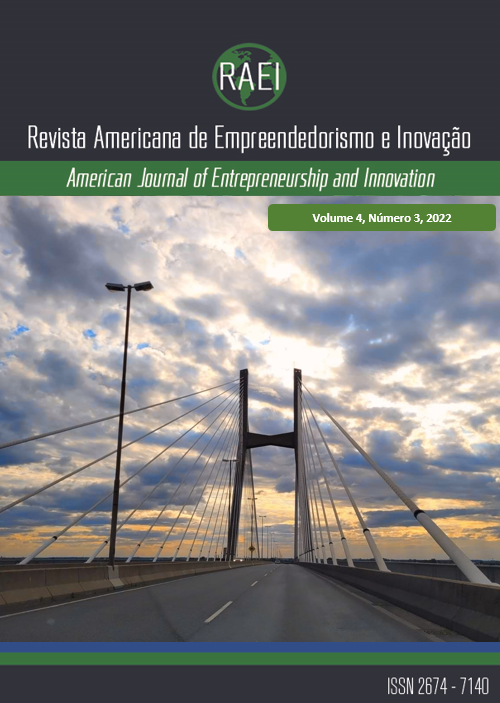Bioeconomy: analysis on sustainable transition frameworks
DOI:
https://doi.org/10.33871/26747170.2022.4.3.7012Abstract
Natural resources have been and continue to be sources of growth for the Latin American region. In the long term, several authors propose the bioeconomy as a key strategic model to achieve the sustainable development of the territories. This economic system focuses on the sustainable use of biological and renewable resources to ensure sustainability. In this framework, a review of the research on the bioeconomy as a development model and background that articulates with the possible innovation frameworks is carried out. From this, we sought to identify the contextual factors that mediate and moderate this relationship and future challenges. The methodology of the studies, the terms of innovation in sustainability, the proposed transition frameworks and the fundamental variables that affect the development of the bioeconomy are examined. The results reveal that the research focuses on European countries. The most widely used framework is the multilevel perspective. The main variables that emphasize the transition to the bioeconomy are technological and institutional changes, public and sectoral policies with the integration of a wide range of actor networks. There is a need for an in-depth analysis of the challenges and opportunities facing the bioeconomy in Latin America, with a broadening of perspective in the transition frameworks.

